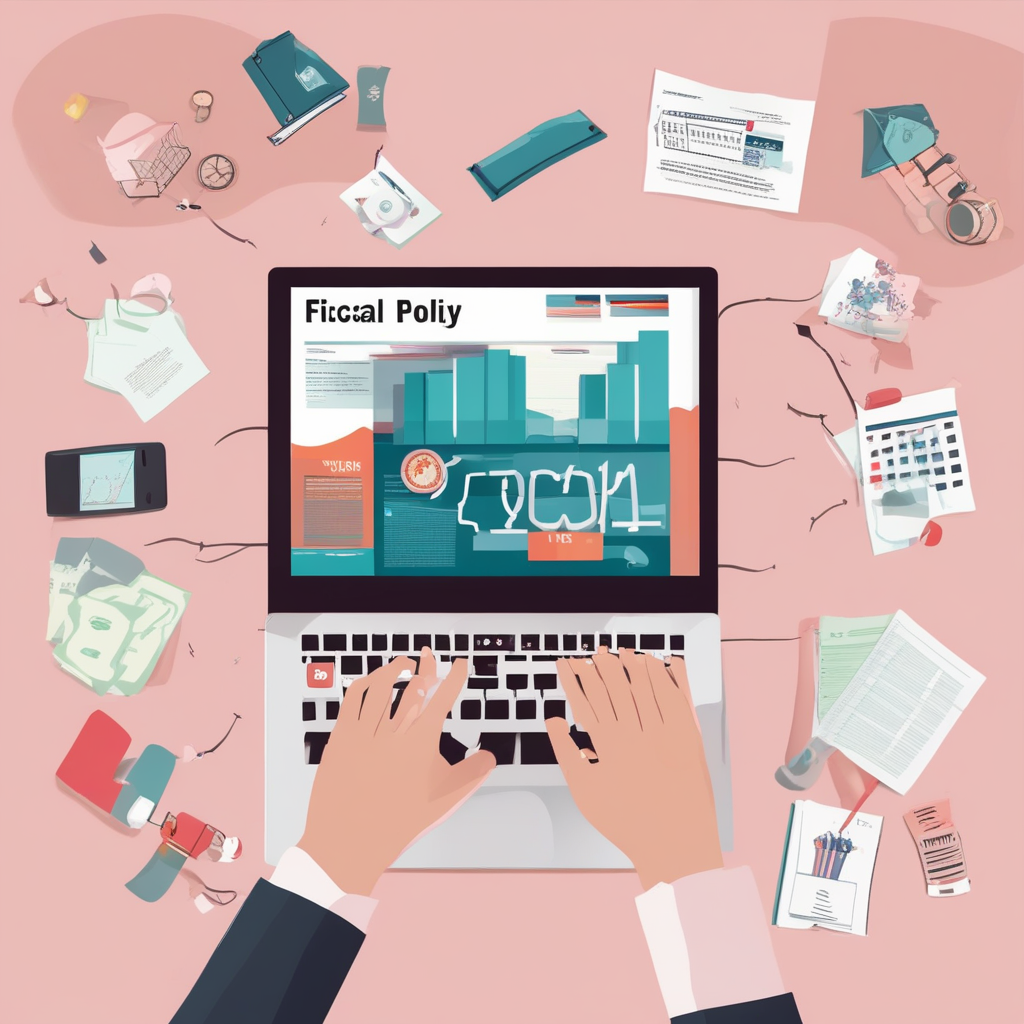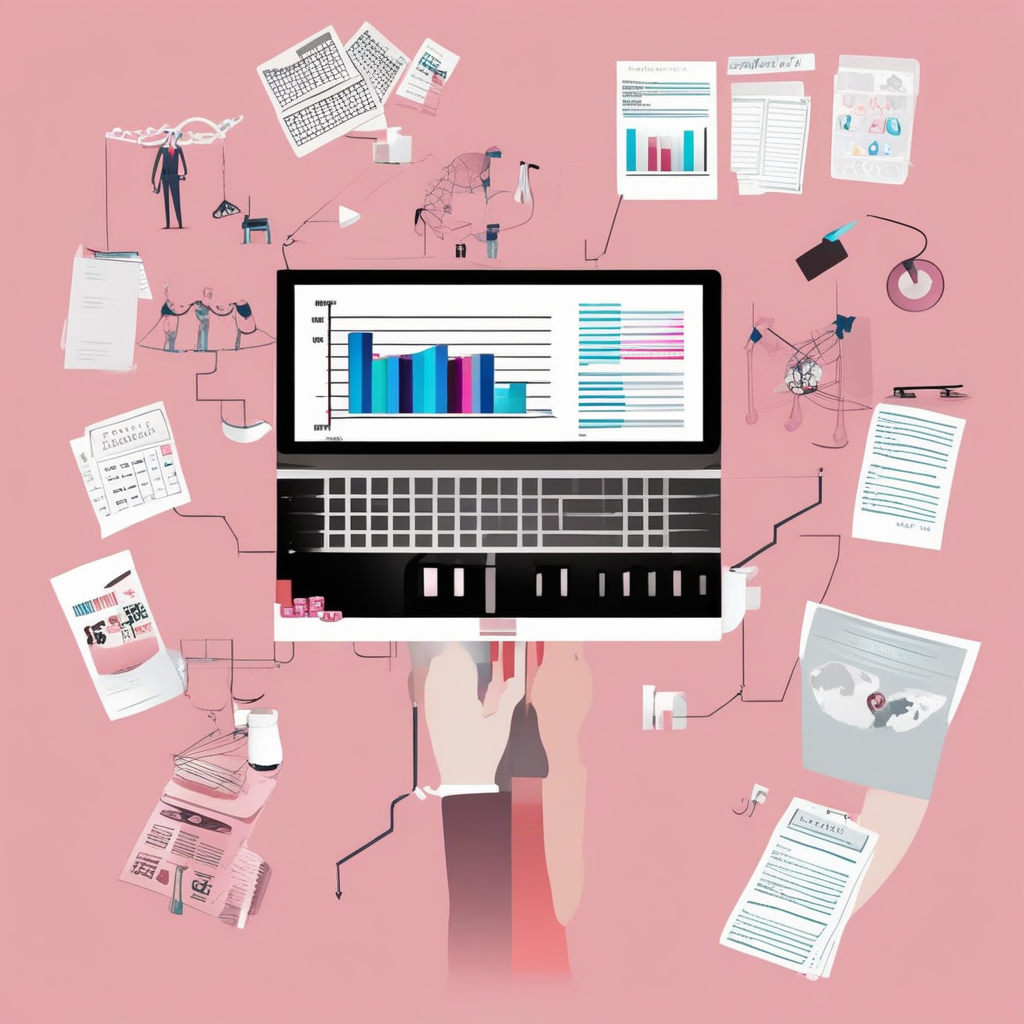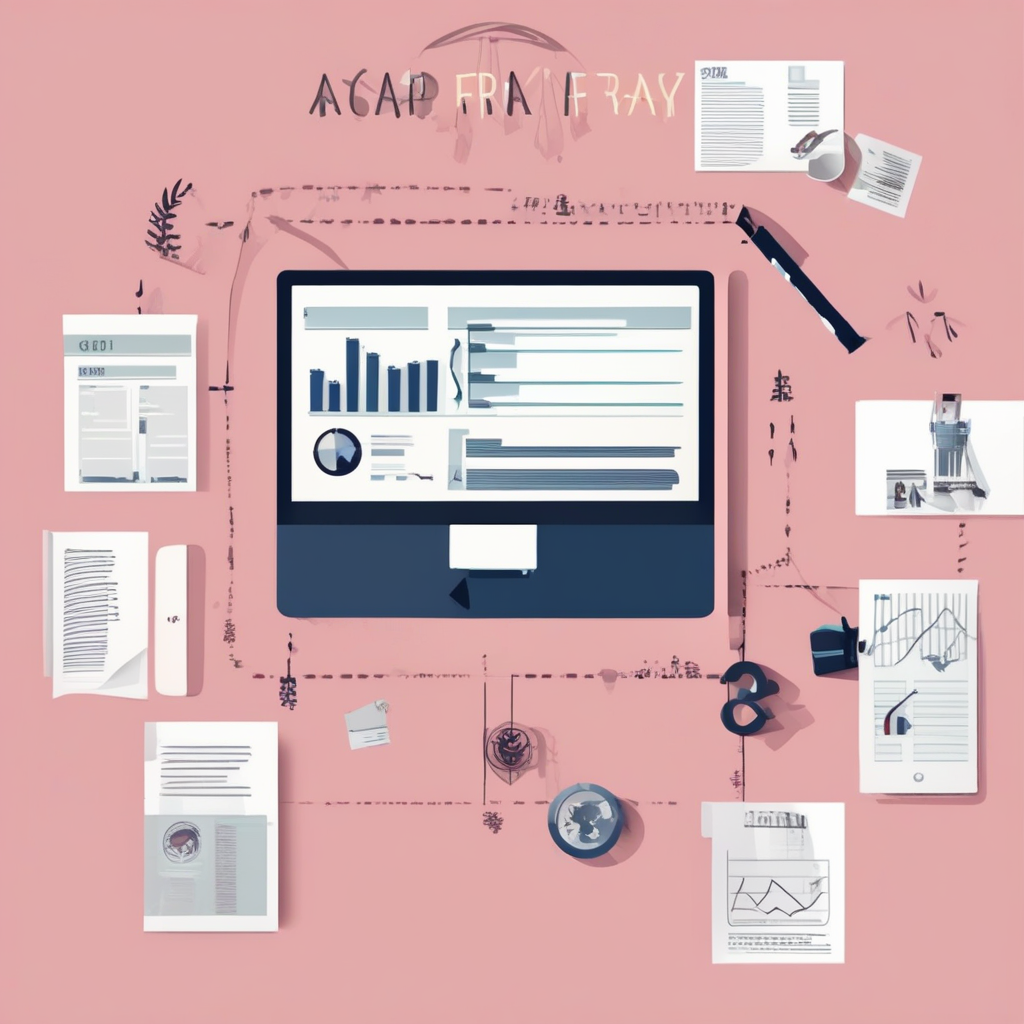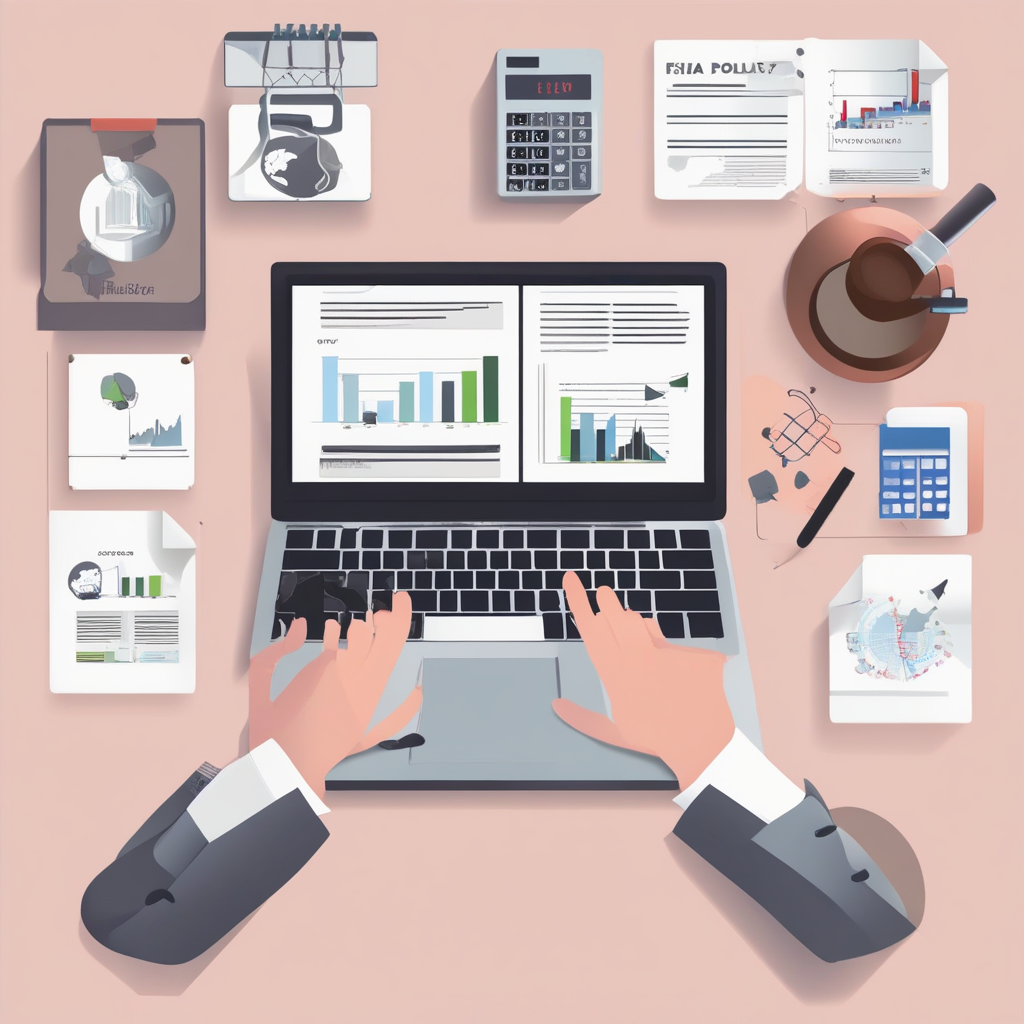Introduction
Hey kids! Have you ever wondered how the government decides where to spend money and how to manage it? This is where something called “fiscal policy” comes in. Fiscal policy is like a giant plan that helps the government decide how to spend and collect money. Just like when you save your allowance to buy something special, the government has to make decisions about how to use its money. Let’s dive into the world of fiscal policy and learn how it affects our lives in a fun and easy way!
What Is Fiscal Policy?
Fiscal policy is a set of rules and decisions made by the government about how to use money. Imagine you have a piggy bank. When you get money, you decide if you want to save it or spend it on toys or games. The government does something similar but on a much bigger scale.
Government Spending
The government spends money on many things, like building roads, schools, and hospitals. It also uses money to pay for services like the police and firefighters. When the government decides to spend more money, it’s like when you decide to buy a new toy. It’s a choice about how to use your resources.
Taxation
Taxes are like the money you give to your parents when you do chores. The government collects taxes from people and businesses to get the money it needs. Taxes can be things like income tax (money taken from paychecks) and sales tax (money added to the price of things you buy).
Budget Deficit and Surplus
Sometimes, the government spends more money than it collects in taxes. This is called a budget deficit. It’s like if you spent all your allowance and had to borrow money from a friend. On the other hand, if the government collects more money than it spends, that’s a budget surplus. It’s like saving extra allowance money for a big treat later.
Key Features of Fiscal Policy

1. Government Spending
Government spending is a big part of fiscal policy. It includes everything from paying teachers to building parks. This spending helps keep the country running smoothly and supports public services.
2. Tax Collection
Taxes are collected from people and businesses to fund government spending. Different types of taxes include income tax, sales tax, and property tax. These help pay for the things the government provides.
3. Budgeting
The government makes a budget to plan how to use its money. This budget helps decide how much to spend and how much to save. It’s like making a plan for your allowance.
4. Economic Impact
Fiscal policy affects the economy. When the government spends more money, it can help create jobs and make people feel richer. But if it spends too much, it might lead to problems like inflation, where prices go up.
5. Debt Management
Sometimes, the government borrows money to pay for things. This borrowing is like taking out a loan. Managing this debt is important to make sure the country doesn’t owe too much money.
Key Features Table

| Feature | Description |
|---|---|
| Government Spending | Money spent on public services and infrastructure. |
| Tax Collection | Money collected from people and businesses to fund government activities. |
| Budgeting | Planning how to spend and save money. |
| Economic Impact | How spending and taxing affect the overall economy. |
| Debt Management | Managing borrowed money to avoid excessive debt. |
How Does Fiscal Policy Affect Us?
Fiscal policy is super important because it affects our daily lives. When the government spends money on schools, we get better education. When it builds parks, we have fun places to play. Here’s how different parts of fiscal policy can make a difference:
Government Spending
When the government spends money, it can help create jobs and provide services we all use. This spending can make our communities better and provide things we need, like good schools and clean parks.
Taxation
Taxes help pay for all the services we enjoy, like roads and libraries. While taxes might seem boring, they help make sure the government has money to spend on important things.
Budget Deficit and Surplus
When the government has a budget deficit, it might need to borrow money, which can affect future spending. A budget surplus means the government can save money for future projects or pay off existing debt.
Fiscal Policy in Action: Examples

Example 1: Building a New School
Imagine your town needs a new school. The government might decide to spend money to build it. This decision involves using fiscal policy to manage the spending and make sure there’s enough money to get the job done.
Example 2: Reducing Taxes
If the government decides to lower taxes, people will have more money to spend. This can help boost the economy because people will buy more things. However, the government will need to manage this change carefully to avoid running out of money for essential services.
Example 3: Managing Debt
Sometimes, the government borrows money to cover expenses. It’s important to manage this debt carefully to ensure it doesn’t become too large. This means making sure there’s enough money coming in from taxes to pay off the debt.
FAQs
What is Fiscal Policy?
Fiscal policy is the way the government uses spending and taxes to influence the economy. It helps decide how money is spent and how taxes are collected.
Why Is Government Spending Important?
Government spending is important because it funds services and projects that benefit everyone, like schools, roads, and hospitals. It helps keep our communities running smoothly.
How Do Taxes Affect Us?
Taxes provide the money needed for government services. They might seem like a burden, but they help pay for things we use every day, like public transportation and emergency services.
What Happens When the Government Has a Budget Deficit?
A budget deficit happens when the government spends more money than it collects in taxes. This can lead to borrowing money, which might need to be paid back in the future.
How Does Fiscal Policy Impact the Economy?
Fiscal policy impacts the economy by influencing how much money is spent and how much is collected in taxes. This can affect job creation, prices, and overall economic growth.
Conclusion
Understanding fiscal policy might seem complicated, but it’s really about making smart choices with money. Just like how you manage your allowance, the government uses fiscal policy to decide how to spend and collect money to help everyone. From building schools to managing debt, fiscal policy helps keep everything running smoothly. So, next time you hear about government spending or taxes, you’ll know it’s all part of a big plan to make sure our country works well. Thanks for learning about fiscal policy with us!

